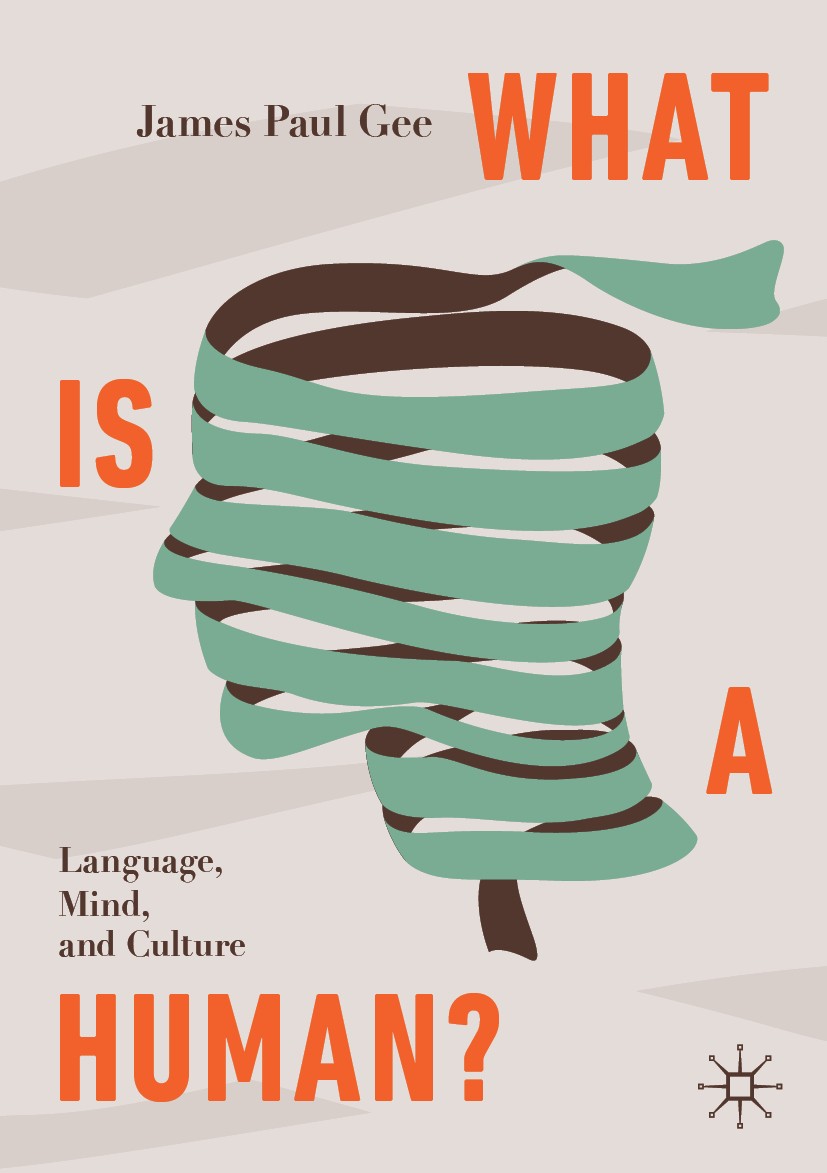| 書目名稱 | What Is a Human? | | 副標(biāo)題 | Language, Mind, and | | 編輯 | James Paul Gee | | 視頻video | http://file.papertrans.cn/1028/1027750/1027750.mp4 | | 概述 | Provides an expansive vision of what it means to be a human being, shifting from traditional understanding of human identity and interaction to new grounds.Offers an effortless interpretation and synt | | 圖書封面 |  | | 描述 | .In a sweeping synthesis of new research in a number of different disciplines, this book argues that we humans are not who we think we are. As he explores the interconnections between cutting-edge work in bioanthropology, evolutionary biology, neuroscience, human language and learning, and beyond, James Paul Gee advances, also, a personal philosophy of language, learning, and culture, informed by his decades of work across linguistics and the social sciences. Gee argues that our schools, institutions, legal systems, and societies are designed for creatures that do not exist, thus resulting in multiple, interacting crises, such as climate change, failing institutions, and the rise of nationalist nationalism.? As Gee constructs an understanding of the human that takes into account our social, collective, and historical nature, as established by recent research, he inspires readers to reflect for themselves on the very question of who we are—a key consideration for anyone interested in society, government, schools, health, activism, culture and diversity, or even just survival.. | | 出版日期 | Book 2020 | | 關(guān)鍵詞 | mind; memory; culture; diversity; human nature; human survival; knowledge; microbiome | | 版次 | 1 | | doi | https://doi.org/10.1007/978-3-030-50382-6 | | isbn_softcover | 978-3-030-50381-9 | | isbn_ebook | 978-3-030-50382-6 | | copyright | The Editor(s) (if applicable) and The Author(s), under exclusive license to Springer Nature Switzerl |
The information of publication is updating

|
|
 |Archiver|手機(jī)版|小黑屋|
派博傳思國際
( 京公網(wǎng)安備110108008328)
GMT+8, 2025-10-5 22:29
|Archiver|手機(jī)版|小黑屋|
派博傳思國際
( 京公網(wǎng)安備110108008328)
GMT+8, 2025-10-5 22:29


